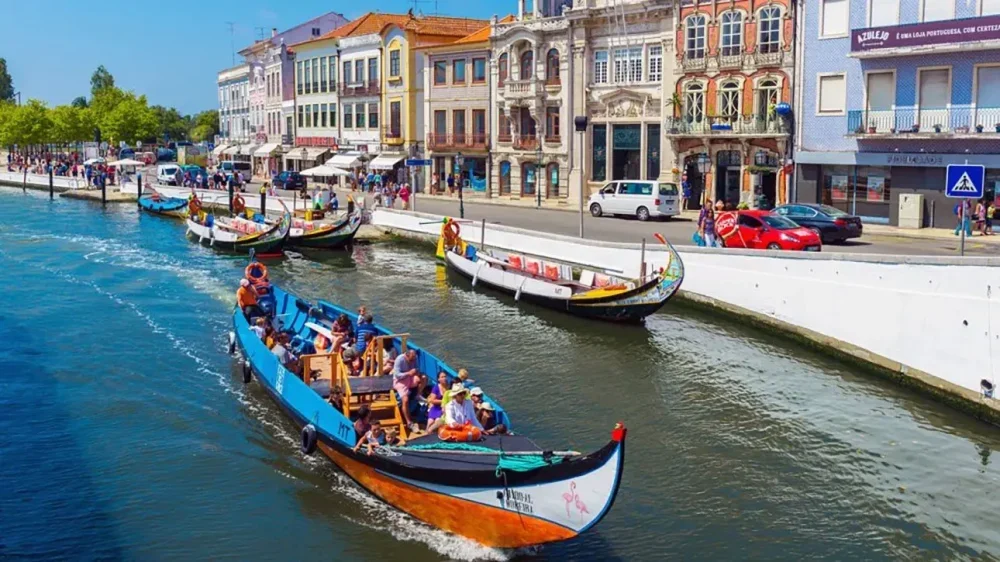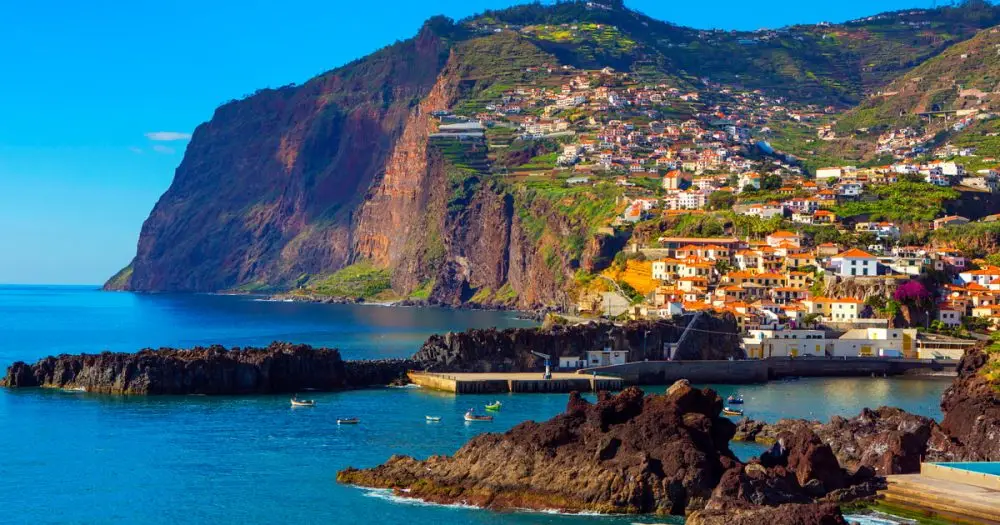Naturalization citizenship in Portugal is considered one of the most realistic ways to obtain a European passport. Unlike countries with strict migration barriers, here there is a simplified approach to residency and integration, making the path popular among foreign citizens. However, despite seeming simplicity, the procedure is accompanied by legal nuances that require careful study.
Immigration and Residency as Starting Points
Any naturalization procedure starts with immigration. Portugal offers several ways to obtain a residence permit: employment, business, education, family reunification.

After that, it is possible to extend to permanent residency, and then transition to citizenship through naturalization. The standard period of residence is five years, with temporary absences allowed provided the main domicile regime in the country is maintained.
Naturalization Citizenship – Advantages in Portugal
Acquiring Portuguese citizenship brings significant benefits. It is important that the country’s passport grants the right to free movement within the EU and access to social security programs.
Additionally, protection under EU legislation is provided, the right to vote in elections, and unrestricted access to employment across sectors.
Conditions and Duration of Residence in the Country: How to Obtain Citizenship through Naturalization?
For a foreigner’s citizenship acquisition to be successful, it is necessary to reside for at least five years based on a residence permit or permanent residency, have confirmed income, no criminal record, and a permanent domicile.
Portuguese legislation recognizes a period of temporary stay provided visa extensions and a legal basis for residence in the country.
Social and Legal Integration of the Applicant
Among the basic requirements for the path to citizenship is successful integration into society. The applicant must be adapted to the social environment, have an understanding of local traditions and laws.
The candidate’s reputation also plays a role: negative behavior or involvement in criminal activities can be an obstacle to obtaining citizenship through naturalization.
Language, History, and Oath Exam
One of the key stages of the procedure is an exam, including testing on language, history, culture, and the fundamentals of the state structure.
It assesses not only vocabulary but also the ability to engage in everyday conversation. The final step is an oath of allegiance to the country’s constitutional values.
List of Requirements for Foreigners to Obtain Citizenship
To become a citizen of the country, several requirements must be met. Stable integration, financial stability, and complete documentation are essential:
- having a valid permanent residency and five years of residence;
- a certificate of proficiency in the Portuguese language;
- confirmation of legal income and sources of funds;
- no criminal record in the EU;
- passing an exam and oath of allegiance to Portugal.
Compliance with all points significantly simplifies the process of obtaining citizenship through naturalization. State authorities strictly monitor the candidate’s compliance with the established parameters.
Challenges and Controversial Legal Issues
Despite liberal legislation, obtaining citizenship through naturalization in Portugal can pose challenges.
These include long waits for a response from the immigration service, ambiguity in the interpretation of certain law provisions, issues with accounting for temporary absences. Additionally, it is worth noting that in some cases, refusals may occur without detailed justification, complicating the appeal process.
Required Documents when Submitting an Application
The formal stage requires gathering a large volume of documentation. Both basic papers and specific certificates are provided, including:
- a copy of the passport and permanent residency;
- a certificate of no criminal record;
- documents confirming income and employment;
- a language proficiency certificate;
- evidence of actual residence in Portugal;
- confirmation of payment of fees.
Properly prepared documents significantly increase the chances of successfully completing the process. The language proficiency point is particularly important as it emphasizes the level of integration into the culture.
Specifics of Citizenship in Portugal
Portugal stands out among EU countries for its democratic approach to migrants. Naturalization citizenship here does not require renouncing the current passport, unlike most European countries.
Additionally, there is a special procedure for descendants of Sephardic Jews and refugees, expanding the categories of applicants. However, there remains a clear distinction between the right to submit an application and the guarantee of a positive response: the final decision is made by the Ministry of Justice.
Citizenship through Real Estate Investment: Accelerated Path
For those looking to expedite the process, an alternative option is investment in real estate. The investment amount starts from 500,000 euros (in some regions – from 280,000 euros), allowing eligibility for residency with subsequent transition to permanent residency and citizenship through naturalization.

This path is particularly popular among businessmen and capital owners. It requires minimal physical presence in the country and is characterized by a high degree of transparency.
Conclusion
Thus, citizenship through naturalization in Portugal is not just a legal procedure but also a path to a new social identity! Transparent conditions for obtaining citizenship, flexibility of the law, the possibility of dual citizenship, and integration into the European space make Portugal attractive to migrants from around the world. With proper preparation and compliance with requirements, the process can be carried out as efficiently as possible!
 en
en  ru
ru  de
de  ar
ar  es
es  nl
nl  hi
hi  fr
fr  it
it  pt
pt  el
el 











